Disclosure: This article contains affiliate links. We may earn a commission from purchases at no extra cost to you, which helps our travel content.
There's something magical about venturing into places where nature still reigns supreme, where the rhythm of life moves to ancient beats unchanged by modern civilization. Having spent the last decade seeking these increasingly rare corners of our planet, I've found myself drawn to destinations that challenge my perceptions and push my comfort zones. This winter, I embarked on what might be my most ambitious comparison yet: two weeks divided between Australia's legendary Kakadu National Park and Nigeria's rugged Kaduna region. Both share similar-sounding names but offer wildly different adventure landscapes that few travelers experience in tandem. What began as a curiosity about linguistic coincidence evolved into a profound journey through contrasting ecosystems, cultural histories, and adventure paradigms that I'm thrilled to share with you, especially if you're planning your own group expedition into either of these remarkable destinations.
Kakadu: Australia's Ancient Wilderness
Arriving in Kakadu National Park feels like stepping into Earth's ancient past. This UNESCO World Heritage site sprawls across nearly 20,000 square kilometers of Australia's Northern Territory, containing six distinct ecosystems within its boundaries. What makes Kakadu particularly special for winter travelers from the Northern Hemisphere is that you're visiting during Australia's dry season (May to October), when wildlife congregates around shrinking waterholes and hiking conditions are optimal.
Our group of six spent our first day at Ubirr, where towering rock formations house some of the world's oldest continuous art galleries. Aboriginal rock paintings dating back 20,000 years tell Dreamtime stories that connect directly to the land beneath your feet. Our guide, an elder from the Bininj people, shared creation stories that changed how we viewed every subsequent landscape.
The Yellow Water Billabong cruise became our daily ritual at dawn, when the wetlands transform into a wildlife spectacle unlike anything I've witnessed across 42 countries. Massive saltwater crocodiles slide silently through mist-covered waters while jabirus (black-necked storks) stalk the shallows with prehistoric precision. I captured these moments with my telephoto zoom lens, which proved invaluable for wildlife photography without disturbing these delicate ecosystems.
The Jim Jim Falls expedition requires advanced planning and a 4WD vehicle during the dry season, but rewards intrepid travelers with a pristine plunge pool surrounded by 150-meter sandstone cliffs. Swimming in these crystal waters while rainbow lorikeets dart overhead became one of those life-defining moments that justify every long-haul flight and bumpy track.
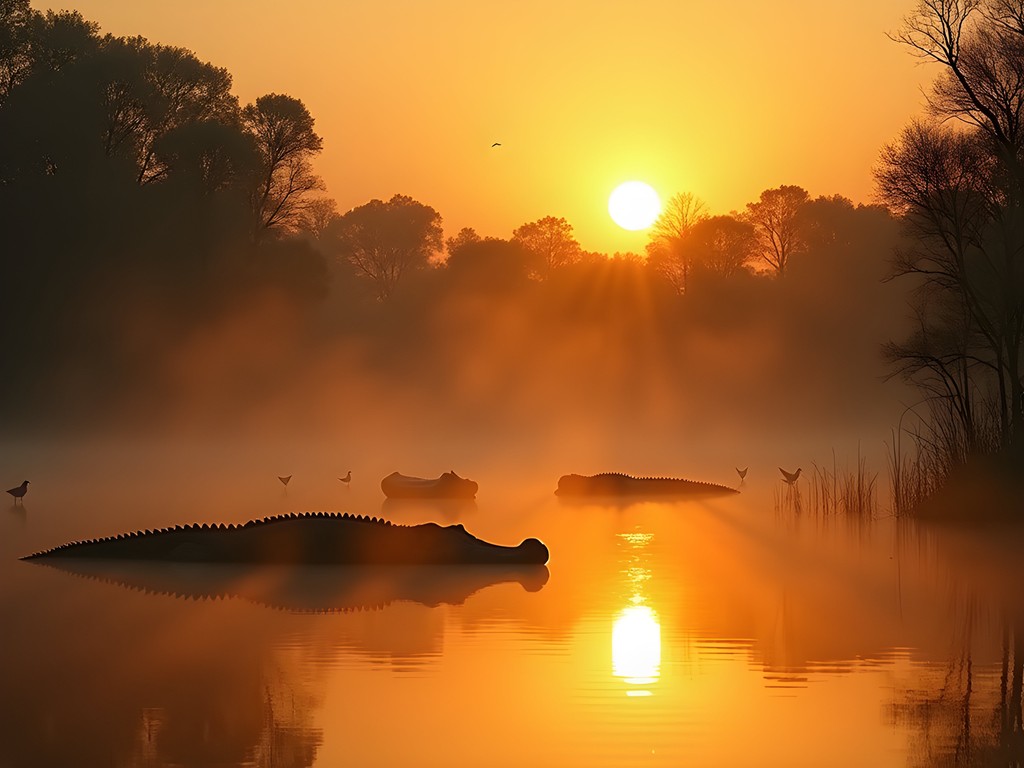
💡 Pro Tips
- Book Yellow Water cruises for both sunrise and sunset to see different wildlife behaviors
- Hire local Indigenous guides for cultural context that transforms your experience
- Pack neutral-colored, lightweight clothing that covers arms and legs for sun and insect protection
Kaduna: Nigeria's Wild Frontier
Transitioning from Australia to Nigeria requires mental recalibration. Kaduna State in Nigeria's north-central region offers a completely different adventure paradigm – one where cultural immersion becomes as important as natural wonders. While Kakadu presents pristine wilderness largely devoid of human settlement, Kaduna juxtaposes wild spaces against vibrant communities with centuries of complex history.
Our journey began in Kaduna city, where we connected with our guide Mohammed, whose family has lived in the region for generations. Unlike Australia's regulated national park system, exploring Kaduna's wilderness requires local knowledge and community connections. Mohammed arranged our permits and introductions to village elders, turning what could have been bureaucratic hurdles into meaningful cultural exchanges.
The Kagoro Hills became our first wilderness experience, where we hiked through lush forests to hidden waterfalls that few international travelers have seen. The biodiversity here surprised me – Nigeria contains some of Africa's most diverse ecosystems, yet receives a fraction of the continent's ecotourism. Our trek revealed colorful turacos flashing through the canopy and rare primates watching curiously from distance.
The highlight came during our three-day expedition to Kamuku National Park, where we camped under baobab trees while tracking wildlife with local rangers. The park's savanna woodlands host elephants, roan antelopes, and occasionally leopards, though wildlife viewing requires more patience than in Kakadu. What you trade in immediate animal sightings, you gain in authentic wilderness experience – we didn't see another tourist group during our entire stay.
Winter months (November-February) offer Kaduna's most comfortable temperatures and clear skies, perfect for overnight camping. I relied heavily on my water purifier bottle throughout Nigeria, which eliminated concerns about water safety while reducing our plastic waste.
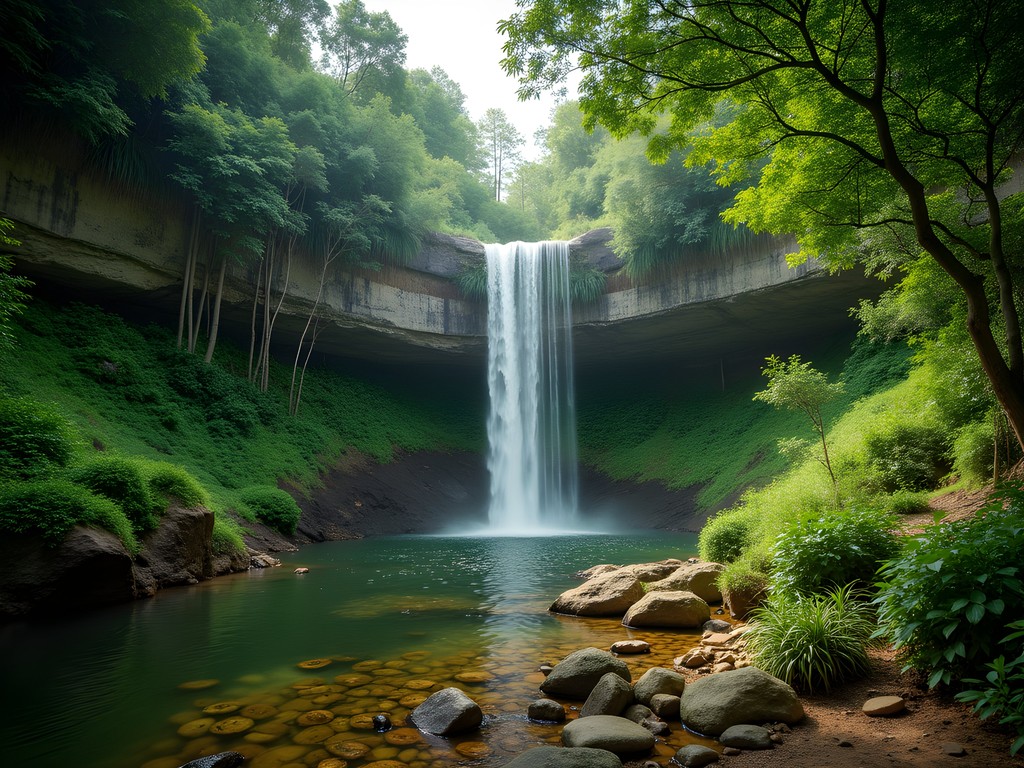
💡 Pro Tips
- Connect with local guides through established tour operators months before arrival
- Bring small gifts (school supplies, photos from your country) for community visits
- Carry sufficient cash in Nigerian Naira as ATMs are unreliable outside major cities
Cultural Immersion: Two Different Worlds
What struck me most profoundly between these destinations was how differently they approach cultural heritage. Kakadu's Indigenous management means Aboriginal perspectives are woven into every visitor experience – from guided tours to interpretive centers. The knowledge systems here have adapted to include tourism while maintaining cultural integrity.
In Kaduna, cultural experiences feel more spontaneous and less curated. Our visit coincided with a local durbar festival in a village outside Zaria, where horsemen in brilliant traditional regalia performed riding demonstrations that date back centuries. Unlike Kakadu's structured cultural programs, this was simply community life unfolding before us as welcomed guests rather than tourists.
Food became another striking contrast. In Kakadu, we sampled bush tucker during specialized tours – native fruits, seeds and even insects that Aboriginal people have harvested for millennia. The flavors were subtle, complex, and deeply connected to the landscape. In Kaduna, we shared communal meals in village homes, with dishes centered around staples like tuwo shinkafa (rice pudding) served with rich vegetable soups and occasionally goat meat prepared for special occasions.
Both experiences offered authentic connections to place through food, but in entirely different contexts – one ancient and nature-based, the other communal and household-centered. I documented these culinary adventures with my compact camera, which captures remarkable food images even in challenging lighting conditions without being as intrusive as larger cameras.
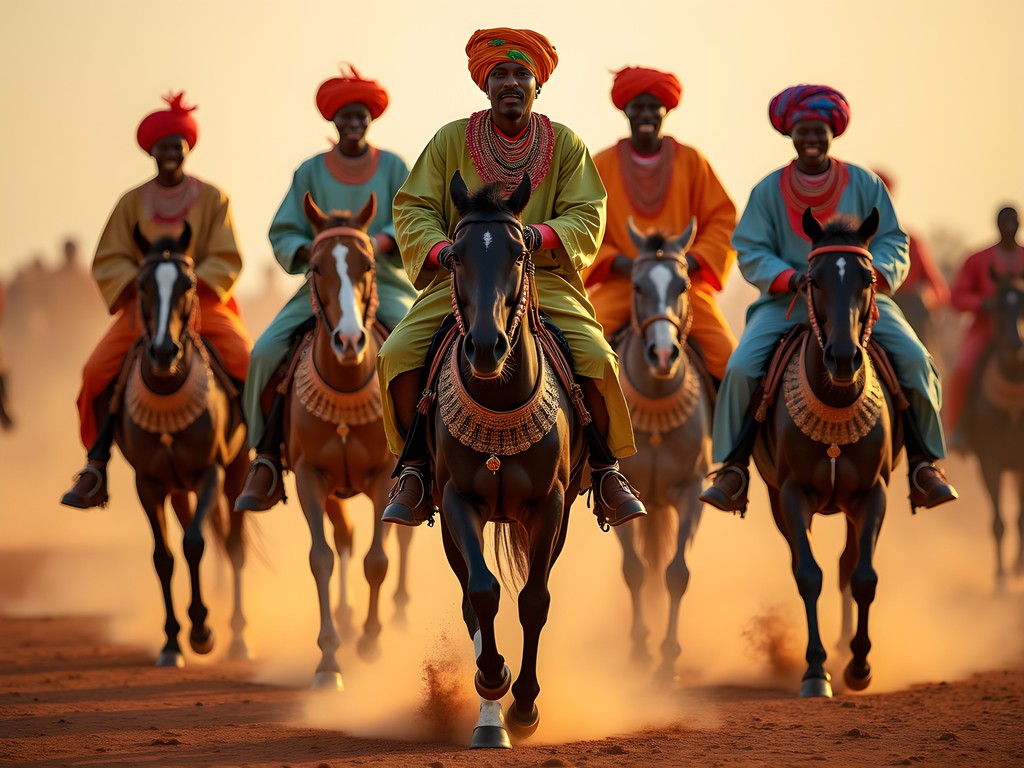
💡 Pro Tips
- Learn basic greetings in local languages (Kunwinjku in Kakadu, Hausa in Kaduna)
- Always ask permission before photographing people or cultural activities
- Budget extra for supporting local artisans through direct purchases
Accommodation: From Eco-Lodges to Homestays
Accommodation options reflect the fundamental differences between these destinations. Kakadu offers established tourism infrastructure ranging from campgrounds to luxury eco-lodges. We split our time between camping at Muirella Park campground (perfect for stargazing) and three nights at Cooinda Lodge, where air-conditioned rooms provided welcome respite from the humidity.
The architectural highlight was undoubtedly Jabiru's famous Crocodile Hotel, shaped like an enormous saltwater crocodile when viewed from above. Though we didn't stay there, we visited for dinner and to appreciate its unique design that honors the region's apex predator.
Kaduna presented a completely different accommodation journey. Outside the capital city's conventional hotels, we embraced homestays arranged through community tourism initiatives. In the village of Kajuru, we slept in a family compound where rooms had been adapted for visitors while maintaining traditional architectural elements – thick earthen walls that kept interiors surprisingly cool despite hot days.
For our wilderness excursions, we used a combination of established campsites in Kamuku National Park and wild camping under the stars. The lightweight tent I've carried through 24 countries proved perfect for Nigeria's conditions – quick to set up before sunset and ventilated enough for comfortable sleep despite warm nights.
What both destinations share is the profound impact of where you stay on your overall experience. In both Kakadu and Kaduna, accommodations that position you closer to wilderness areas significantly enhance wildlife viewing opportunities, particularly at dawn and dusk when animals are most active.
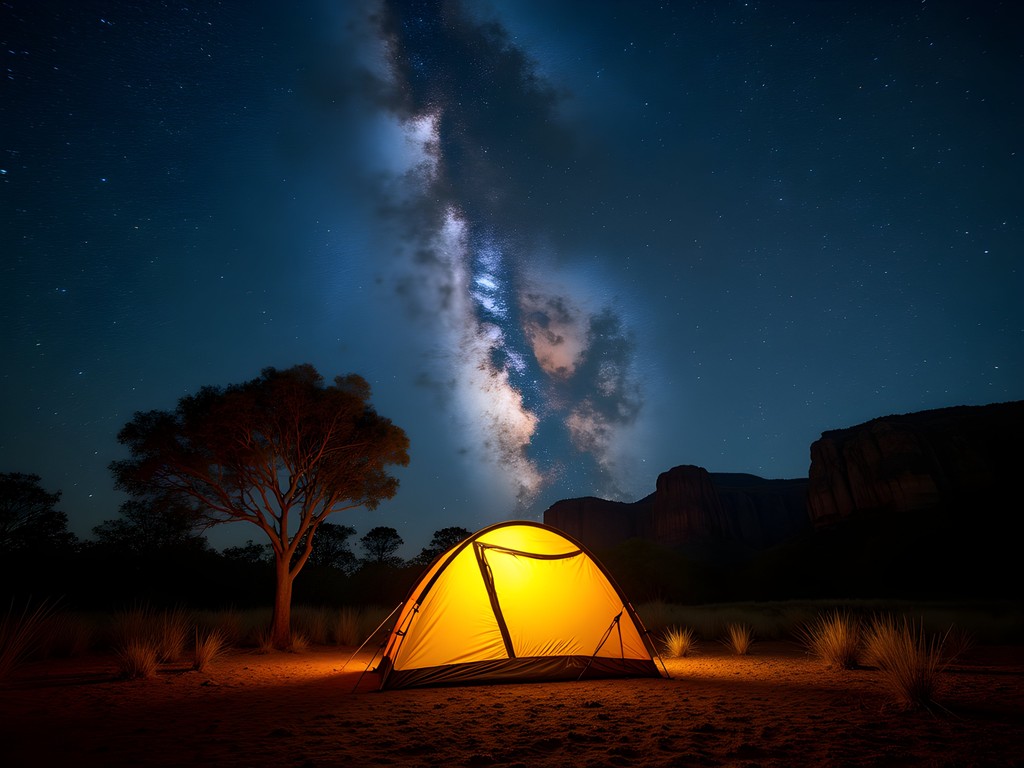
💡 Pro Tips
- Book Kakadu accommodations months in advance during peak dry season (June-August)
- Bring small solar lights for village homestays where electricity can be intermittent
- Consider splitting accommodation styles between comfortable lodges and immersive camping
Practical Challenges: Safety and Logistics
Let's address the elephant in the room – safety concerns that inevitably arise when discussing destinations like northern Nigeria. While Kakadu's dangers are primarily environmental (crocodiles, extreme heat, remote locations), Kaduna's challenges include both environmental factors and security considerations.
For our Kaduna journey, extensive research and local connections were essential. We worked with reputable Nigerian tour operators, registered with our embassies, and maintained flexible itineraries. Certain areas within Kaduna State remain off-limits to tourists due to periodic unrest, but our experience in accessible regions was overwhelmingly positive and free from security incidents.
Kakadu presents its own challenges. The park's vastness and extreme conditions require serious preparation. During our visit, temperatures reached 38°C (100°F) by mid-morning, and the humidity made proper hydration critical. Saltwater crocodiles represent a legitimate danger – we witnessed a 4-meter specimen on our Yellow Water cruise that reminded us why swimming is prohibited in most waterways.
Logistically, both destinations demand advanced planning but for different reasons. Kakadu's peak season sees accommodations booked months ahead, while Kaduna requires time to arrange proper permissions and community connections. Neither destination works well for spontaneous travelers or those seeking luxury comforts at every turn.
Medical preparation differs significantly too. For Kakadu, heat protection and first aid supplies for minor injuries sufficed. Nigeria required more extensive preparation, including yellow fever vaccination certificates, malaria prophylaxis, and a comprehensive medical kit. I always travel with a first aid kit that I customize for each destination based on local health risks.
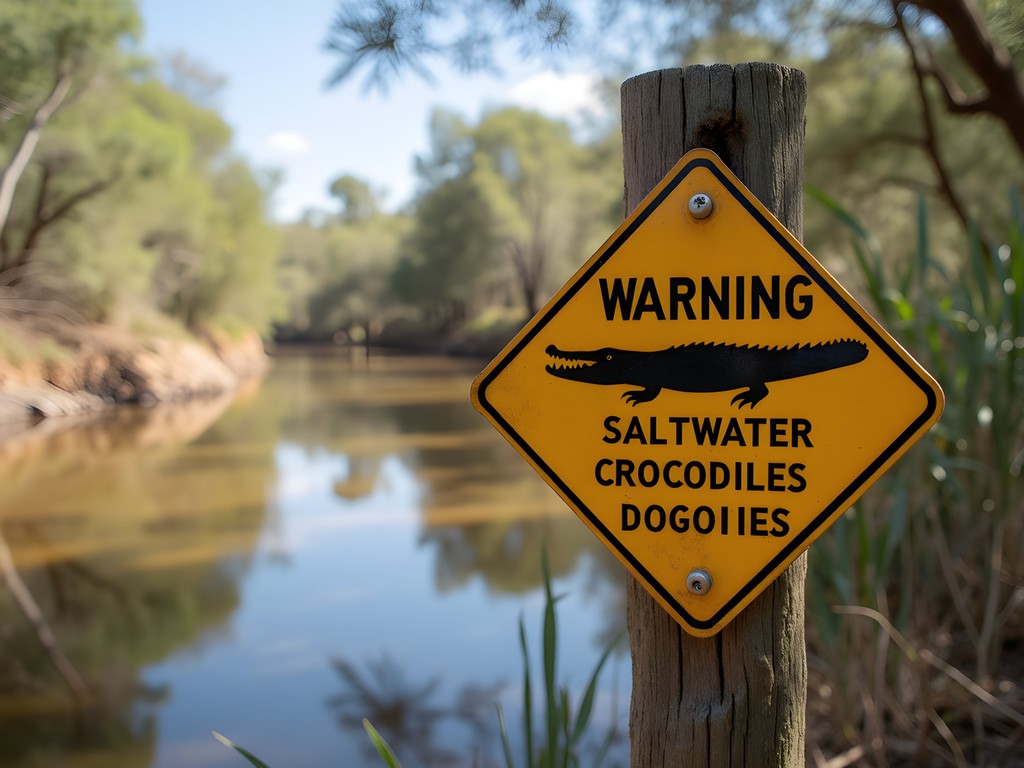
💡 Pro Tips
- Register your travel plans with your country's embassy or consular service
- Purchase comprehensive travel insurance that specifically covers remote evacuation
- Develop a communications plan with emergency contacts who understand your itinerary
Final Thoughts
Comparing Kakadu and Kaduna reveals how differently adventure can manifest across our planet. Kakadu offers wilderness within a structured, conservation-focused framework where nature's spectacle takes center stage. Kaduna presents adventure as a holistic experience where wilderness, culture, and community connections blend inseparably. Neither approach is superior – they simply reflect different contexts and histories. What both destinations share is the power to transform travelers willing to venture beyond conventional tourism. As I watched the sunset from Ubirr in Kakadu, then compared it weeks later to dusk falling over Kajuru Castle in Kaduna, I realized these places share something profound despite their differences: they represent increasingly rare opportunities to experience our world's wild spirit on its own terms. Whether your next adventure leads to Australia's ancient landscapes or Nigeria's vibrant frontiers, the willingness to step off beaten paths will reward you with stories and connections that last a lifetime.
✨ Key Takeaways
- Both destinations require advanced planning but deliver extraordinary wilderness experiences
- Winter months (dry season) offer optimal conditions for exploring both locations
- Cultural experiences enhance the natural adventure in both destinations but manifest differently
- Group travel enhances safety and logistics in these challenging environments
- The combination of both destinations provides unique perspective on global wilderness preservation approaches
📋 Practical Information
Best Time to Visit
May-September for Kakadu (dry season), November-February for Kaduna (cooler, dry season)
Budget Estimate
$3,000-4,500 per person for a 2-week trip (excluding international flights)
Recommended Duration
Minimum 5-7 days per destination (2 weeks total)
Difficulty Level
Advanced - Requires Good Fitness, Adaptability To Extreme Conditions, And Previous Experience In Remote Destinations

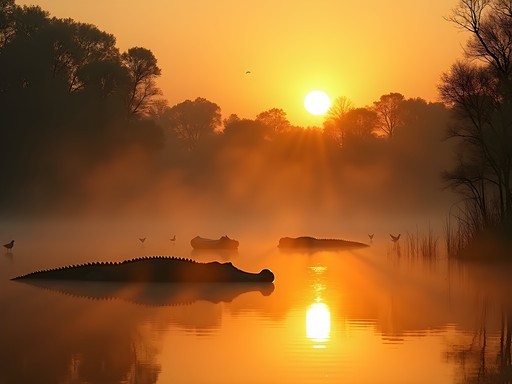
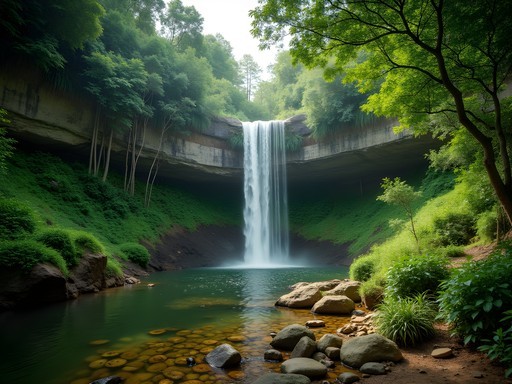
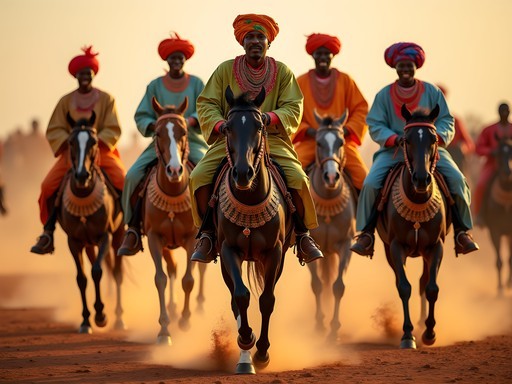
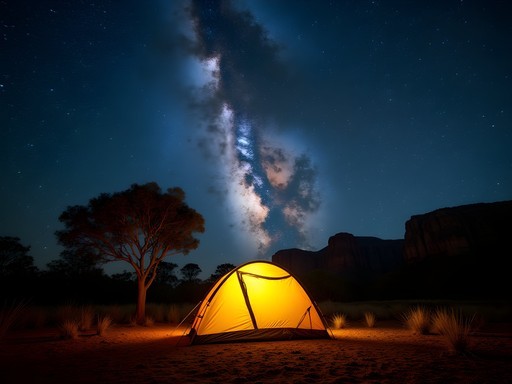
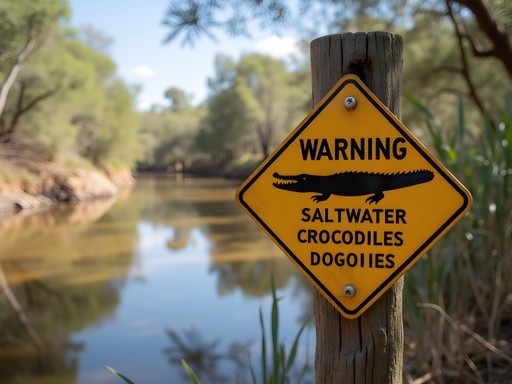


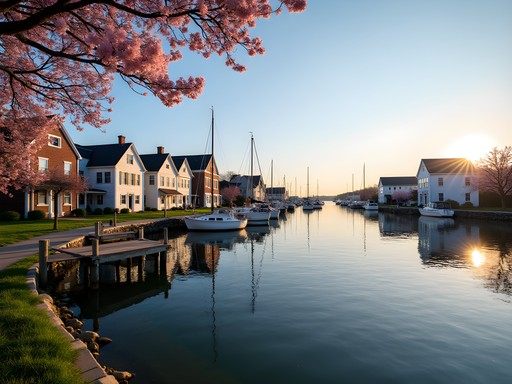
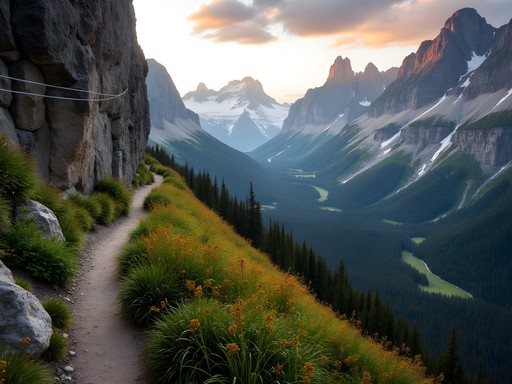
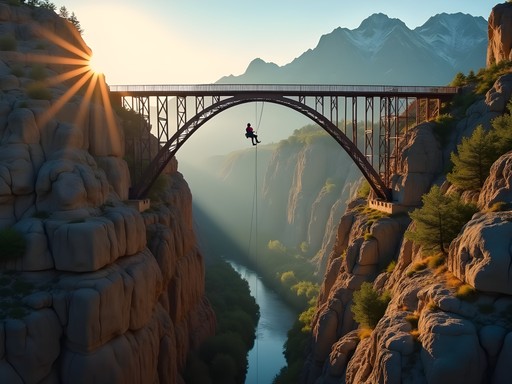
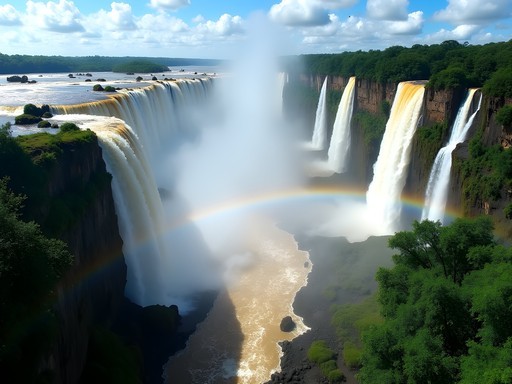
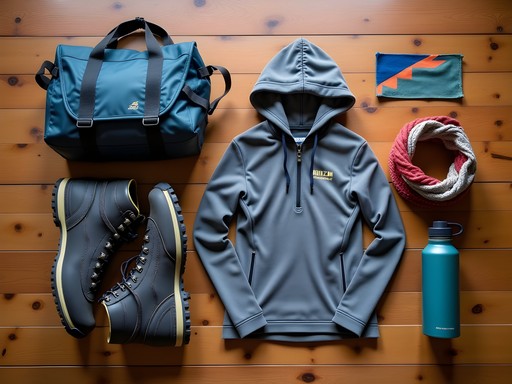
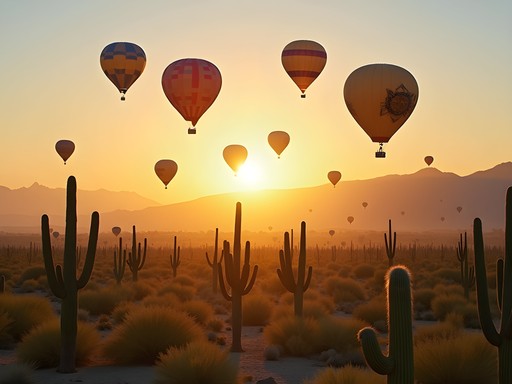
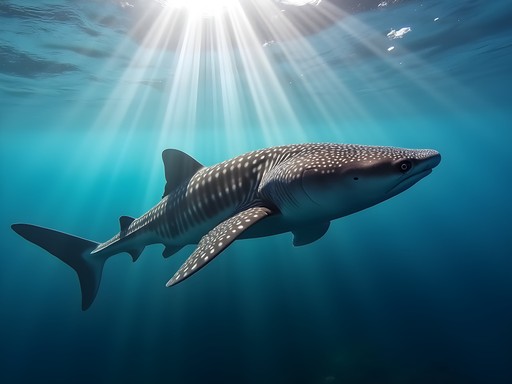
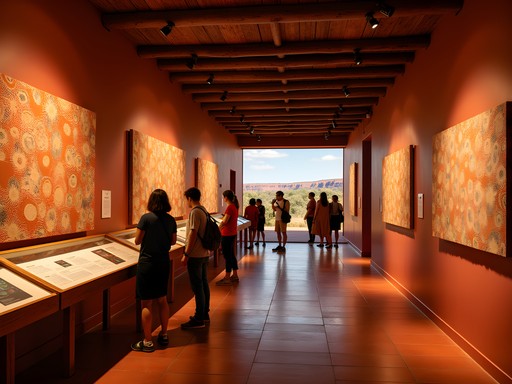
Comments
freeninja
Those sunset photos from Kakadu are incredible! Really makes me want to book a trip. Did you camp or stay in lodges?
Kimberly Murphy
Claire, this is absolutely brilliant! I've been to Kakadu twice and it's one of my favourite places on Earth - the Jim Jim Falls hike is unreal. But I've never considered Nigeria for adventure travel and now I'm completely inspired! The cultural immersion section really resonated with me. How long would you recommend spending in Kaduna to really experience it properly? And were there any particular homestays you'd recommend? This might be my next big adventure!
Claire Hawkins
Thanks Kimberly! I'd say minimum 5 days for Kaduna, ideally a week. I can send you some homestay contacts if you DM me - they're not all online but absolutely worth it!
journeywalker
What time of year did you visit each place?
Claire Hawkins
Kakadu in dry season (July) and Kaduna in November. Both were perfect timing to avoid the worst heat and rains!
Gregory Boyd
Great piece, Claire. As a Sydney local who's done Kakadu multiple times, I appreciate how you captured the structured wilderness aspect. The contrast with Kaduna is fascinating - Kakadu can feel almost too managed sometimes, but that infrastructure does make it accessible. The rock art sites are incredible though. I'm curious about the wildlife encounters in Kaduna - how does it compare to Kakadu's crocs and birdlife? Might need to add Nigeria to my list.
Claire Hawkins
Gregory! The wildlife is completely different - more about primates and smaller mammals in Kaduna's forests. Less 'dangerous megafauna' but equally thrilling in its own way. You'd love it as a contrast.
Gregory Boyd
That sounds brilliant. Cheers for the insight!
exploreway
Love this comparison! Kakadu is stunning.
cityfan8698
This is so unique! Never thought about comparing these two. How did you get around in Kaduna? Is it safe to travel solo there?
Claire Hawkins
I hired a local guide which made all the difference! Solo travel is doable but I'd definitely recommend connecting with someone who knows the area. The hospitality was incredible.
TravelingSolo
Going to Kakadu next month, any other tips beyond what's in the post? Solo female traveler here!
mountainrider
Not the author but I'd recommend the Yellow Water cruise at sunrise instead of sunset - fewer people and more active wildlife! And definitely check out Gunlom Falls if it's open during your visit.
Claire Hawkins
Great advice from @mountainrider! I'd add: bring more water than you think you need, download offline maps (reception is spotty), and consider splurging on one night at Bamurru Plains if your budget allows - it's an incredible experience. As a solo female traveler myself, I felt very safe in Kakadu, just take the usual precautions with valuables and be croc-aware near any water!
NigerianDiaspora
As someone who grew up near Kaduna, it's refreshing to see it portrayed accurately - both the beauty and the challenges. The homestay section resonated with me. My family still lives there and visitors are always surprised by how the initial culture shock gives way to feeling like family. Claire captured that transition perfectly. If you go, definitely try the suya from street vendors (if your stomach can handle it!) and visit during one of the traditional festivals if possible.
Claire Hawkins
Thank you so much for this comment! It means a lot coming from someone who knows Kaduna intimately. The suya was one of my favorite food discoveries - I became completely addicted to that spice mix!
winterwalker
Never would have thought to compare these two places! Your adventure spirit is next level. Those sunrise shots from both locations are pure magic.
Claire Hawkins
Thanks so much! Both places have incredible light at dawn - worth the early wake-up calls!
AussieExplorer88
Those Kakadu photos are incredible! The jumping croc tours are a must-do!
Venture X
Premium card with 2X miles, $300 travel credit, Priority Pass